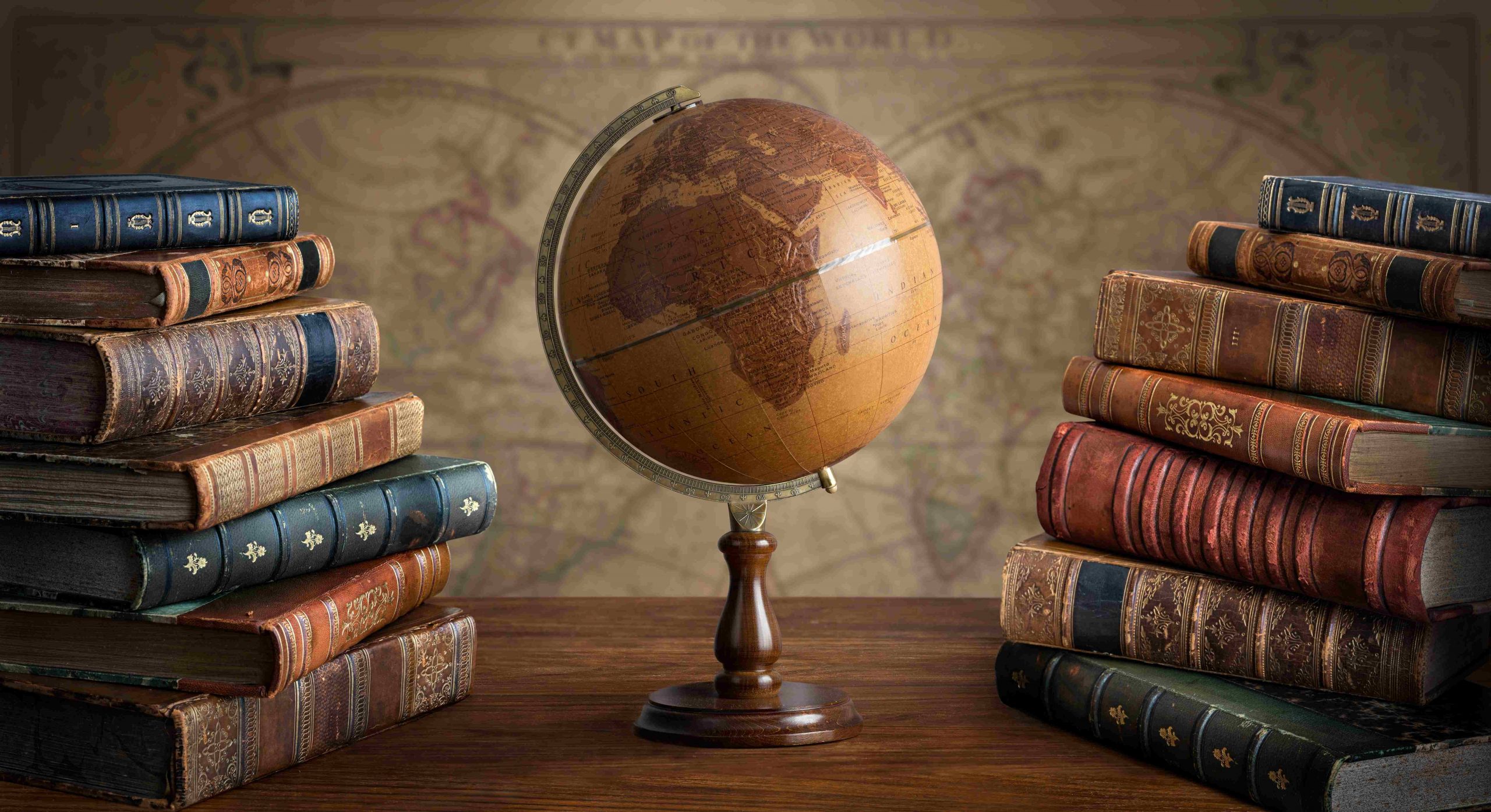In 2021, the Taliban Regain Control of Afghanistan
The Taliban rapidly took control of Kabul, the capital of Afghanistan on August 15, marking a significant return to power nearly 20 years after being ousted by U.S.-led forces in 2001. The takeover followed the withdrawal of U.S. and NATO troops from the country. The Taliban’s return raised concerns about the future of human rights and stability in Afghanistan.
In 1998, the Omagh Bombing Takes Place
A car bomb exploded in Omagh, Northern Ireland, resulting in 29 deaths and over 200 injuries. The attack was carried out by the Real Irish Republican Army (Real IRA), a dissident republican group opposed to the peace process. It was one of the deadliest incidents of the Troubles, leading to widespread condemnation and a renewed focus on the peace process.
In 1971, Bahrain Proclaims Independence
Bahrain declared its independence from British protection, marking the end of nearly 150 years of British influence. The move followed the British government’s decision to withdraw from its commitments in the Persian Gulf region.
In 1960, the Republic of the Congo gains independence
The Republic of the Congo (now the Republic of Congo) achieved independence from French colonial rule. This was part of a broader wave of decolonization across Africa. The new nation embarked on a path of self-governance, with Fulbert Youlou serving as its first president.
In 1948, the Republic of Korea is Established
The Republic of Korea (South Korea) was officially established as an independent nation on August 15, following the end of Japanese occupation after World War II. This date marks the beginning of South Korea’s sovereignty and was a key event in the division of the Korean Peninsula, which eventually led to the Korean War.
In 1947, India Gains Its Independence
India gained independence from British colonial rule, leading to the end of nearly 200 years of British presence in the subcontinent. This pivotal moment in history also saw the partition of India and Pakistan, which resulted in significant demographic shifts and communal violence. Jawaharlal Nehru became the first Prime Minister of India.
In 1914, the Panama Canal Opens to Ships
The Panama Canal was officially opened to ship traffic, connecting the Atlantic and Pacific Oceans after 10 years of construction. This monumental engineering feat significantly shortened maritime routes between the two oceans, facilitating international trade and enhancing global naval power. The canal’s opening marked a major achievement in American and global engineering history.



